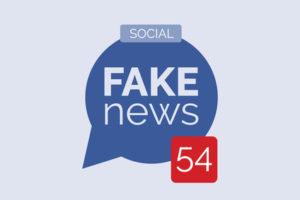
As Brazil prepares for what is slated to be a landmark election year, Facebook is preparing to stem the flow of politically-centered fake news on its site. The nation faces an immense challenge as the electorate is sharply divided between those supporting the return of the Labor Party led by imprisoned ex-President Lula and those supporting the rightwing candidate, Jair Bolsonaro, who openly eulogized Brazil's period of military dictatorship.
The political debate on social media has been fierce with proponents and opponents of the candidates making their voices heard on social media platforms like Facebook and Twitter. Facebook's mission, however, is to make sure that the headlines in these debates come from authentic sources rather than intentionally misleading sources with political agendas.
In the wake of the 2016 elections in the United States, many Americans turned their attention to Facebook and its role in propagating fake news. With 44 percent of Americans claiming to get their news from Facebook, it is easy to see the potential problem. According to BuzzFeed, information in 38 percent of posts shared from three prominent rightwing pages on Facebook was found to be "false or misleading" while 19 percent of posts from three prominent leftwing pages had similarly false content.
Facebook got ahead of the issue of fake news before the 2017 elections in Germany by allowing users to flag and report possibly misleading news. It also printed warnings next to false statements and stopped advertising revenue from reaching identified fake news sites. In addition, Facebook allowed several independent fact-checking organizations to flag and report sites.
Ahead of the elections in Brazil, fake news has become a weapon of groups like Movimento Brasil Livre (MBL) or "Free Brazil Movement". Facebook, for example, deactivated 196 pages and 87 accounts that had over half a million followers. The pages spread false stories by making it seem as though the information was coming from a variety of independent news sources when, in fact, the pages were all operated by MBL.
There is and will always be a genuine concern for the freedom of expression. The ability to speak freely is a pillar of any great democracy. The big question now is how far can social media companies go to "protect" their users from being subjected to intentionally misleading news stories. The courts in Brazil may very well answer that question for us.
